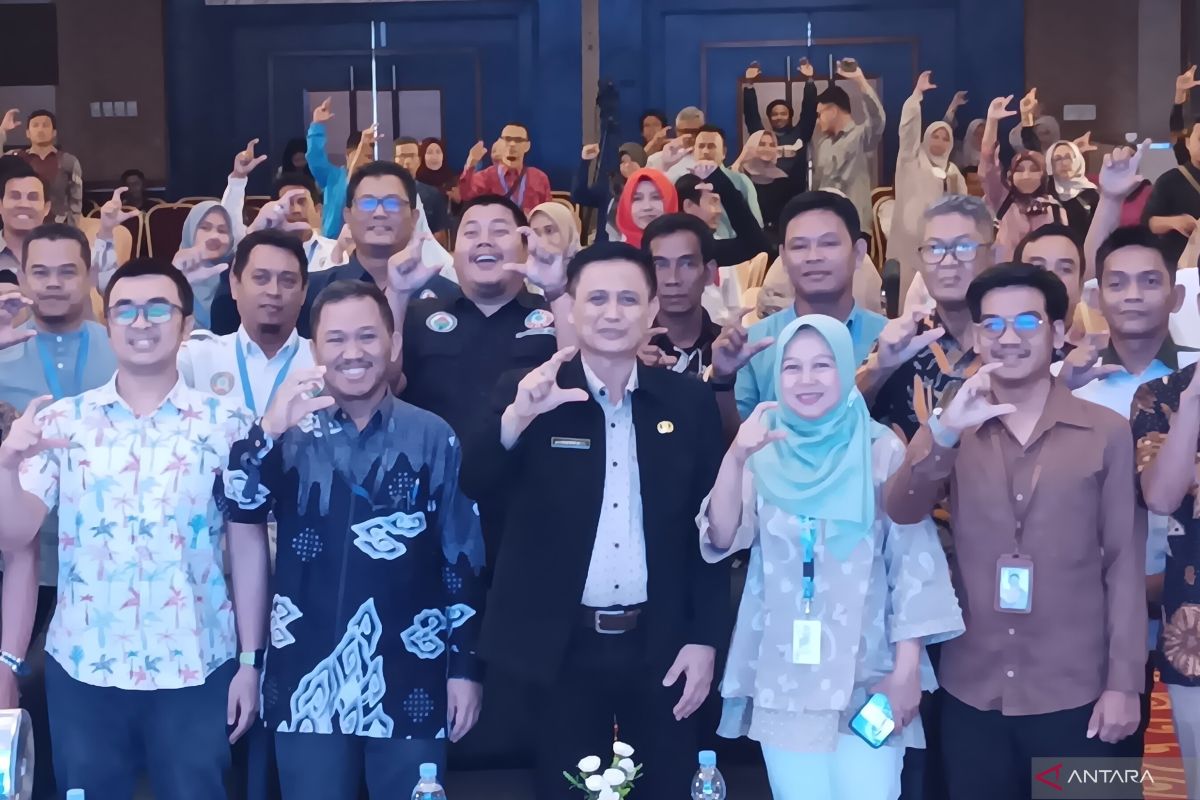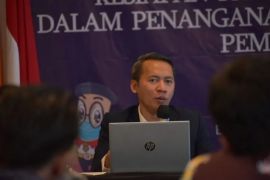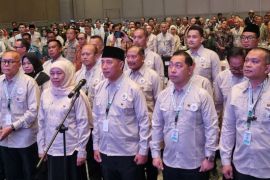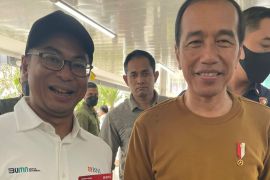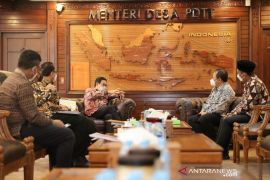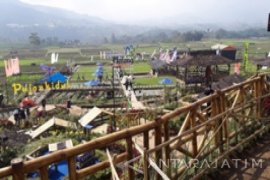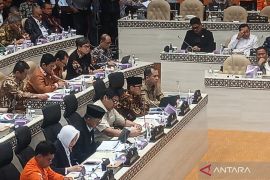Bandung, West Java (ANTARA) - In an ambitious technological initiative, the Ministry of Villages and Development of Disadvantaged Regions (PDT) is setting its sights on transforming all 75,265 Indonesian villages into digitally empowered communities by 2025.
"Next year, we are targeting the transformation of all villages into digital villages by relying on their village budget," the ministry's Head of the Village, Disadvantaged Regions, and Transmigration Development and Information Agency (BPI), Ivanovich Agusta, remarked on Saturday.
This target aligns with Law Number 62 of 2024 concerning the 2025 State Budget, which stipulates that the use of village funds, among others, is prioritized for the use of information technology in accelerating the existence of Digital Villages.
Digital Village has the same nomenclature as Smart Village, based on the Decree of the Minister of Villages Number 55 of 2024.
Agusta explained that the target of village digitalization has been carried out since the era of President Joko Widodo (Jokowi).
"Since President Jokowi's era, village digitalization has been a priority for him and has appeared many times in the priority of using village funds," he remarked.
However, he admitted that efforts to realize digitalization in villages have not been carried out optimally.
Agusta pointed out that in the last three years, only around 14 thousand villages have used their village funds for digitalization programs.
"The progress is not being properly monitored. In the last three years, the number of villages utilizing their village funds for digitalization is only 14 thousand," he remarked.
The vision for 2025 involves empowering villages to harness their financial resources for implementing information technology solutions, propelling the transformation towards Digital Villages, or currently known as Smart Villages.
Smart villages are an approach to development and empowerment in villages by utilizing technology in various lines of village community life.
The program aims to improve the quality of basic services and village development based on inclusive and sustainable community empowerment by improving human resources through the effective use of technology.
In the 2020-2024 period, Agusta stated that three thousand villages were recorded to develop as Smart Villages. He expressed hope that those villages would be able to contribute to accelerating digitalization in Indonesia.


